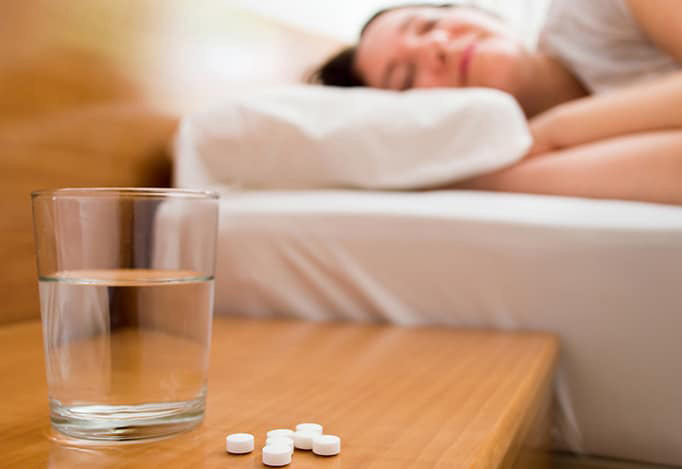Ah, sleep! It’s a time to let go of stress, relax and recharge your batteries. Sleep is very important when it comes to your health. Everything from your heart health to your mood can be affected by how well you sleep and your sleeping habits.
When you catch some zzzs, your body produces a hormone known as melatonin. It famously helps you sleep, but did you know that it provides other benefits, too?
In one study published in the French medical journal Revue Neurologique, mice that were artificially aged but treated with melatonin had reduced levels of oxidative stress and fewer markers of neurodegeneration and cerebral aging (https://www.ncbi.nlm.nih.gov/pubmed/21488009). This may indicate that the hormone offers anti-aging and neuroprotective benefits alongside its positive effect on getting you to sleep.
Another study published in the Neurobiology of Aging journal demonstrated less brain deterioration in mice with Alzheimer’s disease-associated mutations. In this study, the mice received melatonin and exercised daily, and all showed improvements in memory, learning and behavior.
Overall, melatonin deficiency has been linked to deceased immune function, blood pressure instability, increased brain plaque (something seen with Alzheimer’s disease), seasonal affective disorder and other conditions across various studies and research.
Boost your melatonin now
While supplementation may be beneficial, you can take steps to induce your body to produce more of this important hormone. To start, don’t use screens in the last hour before you go to bed. Your phone, TV and other devices give off blue light, which makes your brain think it’s still daytime. Typically, your brain starts to secrete melatonin at between nine and ten in the evening, but the light from your devices may disrupt that process. You should also try to sleep in as much darkness as you can. Light in your room can disrupt your body’s clock and interfere with melatonin production.
Try taking a hot bath within 90 minutes of bedtime. The drop in body temperature when you get out of the tub signals it’s time for sleep and helps kick off the biological processes needed to produce this sleep hormone.
Melatonin does more than just help you go to sleep, so it’s important you do what you can to ensure your body is producing what you need. So turn out those lights and put your laptop away before bed to start enjoying all the benefits this “wonder” hormone has to offer your health!
